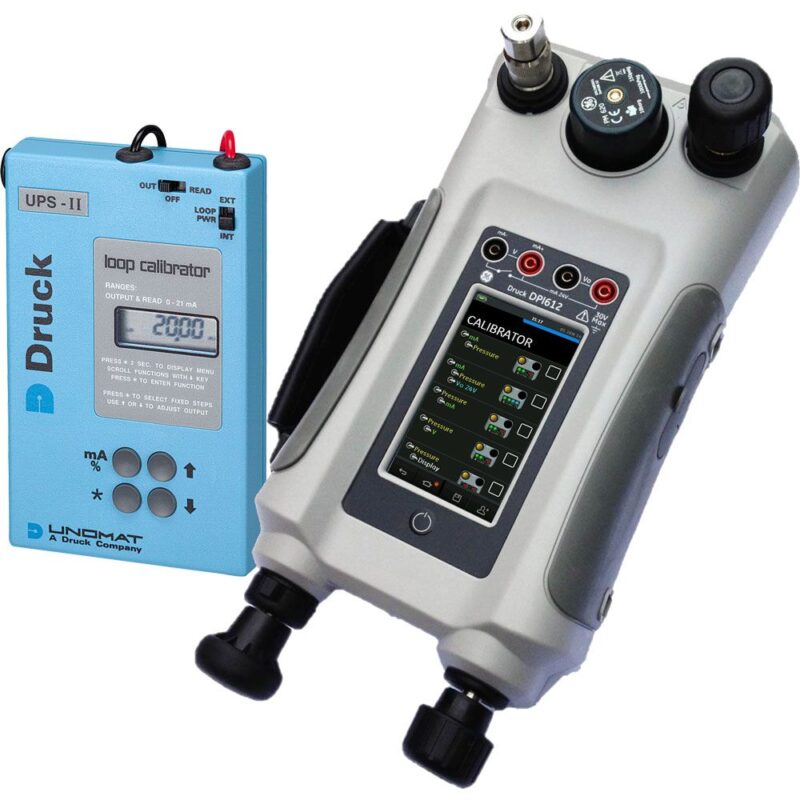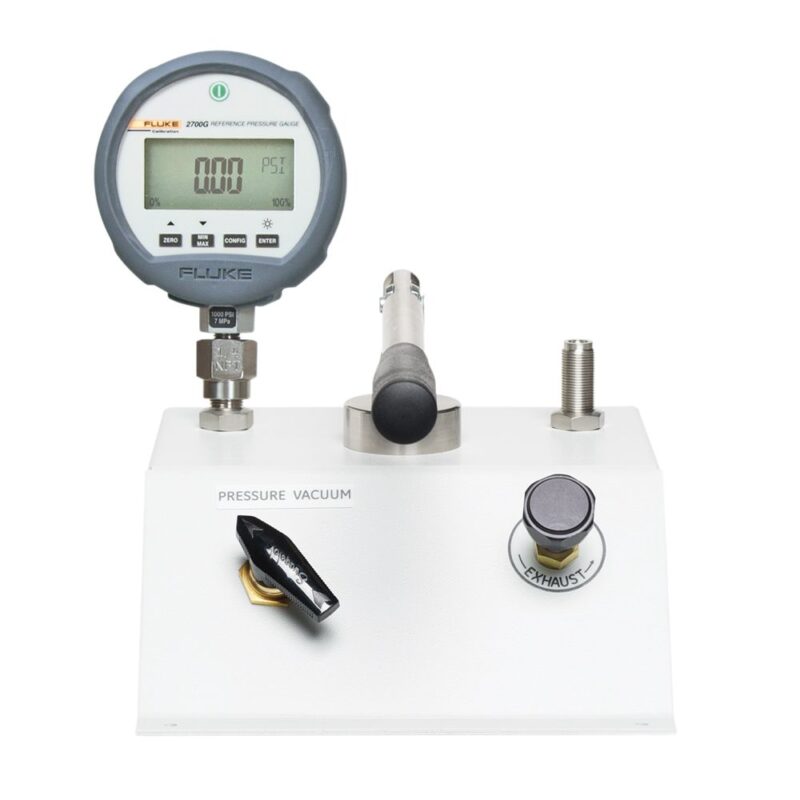Druck DPI612-PFX-7G with a FREE UPS
$2.659Einführung in DPI und seine Rolle im Druckverfahren DPI, oder ‘dots per inch’, ist ein zentrales Maß im Druckwesen, das die Druckauflösung bestimmt. Es gibt an, wie viele Punkte pro Zoll auf einer gedruckten Fläche platziert werden. Eine höhere DPI-Zahl bedeutet eine größere Anzahl an Punkten und somit eine feinere und detailliertere Darstellung. Dies ist besonders wichtig für die Qualität und Schärfe der gedruckten Bilder. Die Bedeutung von DPI zeigt sich deutlich in der Qualität des Endprodukts. Bei niedriger DPI, beispielsweise 72 DPI, werden weniger Punkte pro Zoll gedruckt, was zu einem unscharfen und körnigen Bild führen kann. Im Gegensatz dazu kann eine hohe DPI, wie 300 DPI oder mehr, sehr feine Details und klare Kanten erzeugen, die besonders bei professionellen Drucken und hochwertigen Fotografien geschätzt werden. Die Wahl der richtigen DPI-Einstellung hängt stark vom Verwendungszweck des Drucks ab. Für normale Textdokumente oder einfache Grafiken reicht oft eine niedrigere DPI aus, da die Anforderungen an die Detailgenauigkeit geringer sind. Bei Fotos oder komplexen Grafiken hingegen wird eine höhere DPI benötigt, um alle Feinheiten und Nuancen der Bilder wiederzugeben. In verschiedenen Anwendungsbereichen gibt es spezifische Anforderungen an die DPI-Einstellungen. Beispielsweise benötigen Druckerzeugnisse im Bereich der Werbetechnik oder der Kunstreproduktion eine sehr hohe DPI, um selbst kleinste Details präzise darzustellen. Bei alltäglichen Büroanwendungen, wie dem Drucken von Textdokumenten oder einfachen Diagrammen, ist eine moderate DPI ausreichend und effizienter. Zusammenfassend lässt sich festhalten, dass DPI ein entscheidender Faktor im Druckverfahren ist, der die Qualität und Schärfe der gedruckten Inhalte maßgeblich beeinflusst. Die richtige Einstellung der DPI je nach Anwendungsbereich ist entscheidend, um optimale Druckergebnisse zu erzielen. “`html Optimale DPI-Einstellungen für verschiedene Druckprojekte Die Wahl der richtigen DPI-Einstellung (Dots Per Inch) ist entscheidend für die Druckqualität und den Erfolg verschiedener Druckprojekte. Für unterschiedliche Druckformate wie Flyer, Poster, Broschüren und Visitenkarten variiert der optimale DPI-Wert. Flyer und Broschüren, die meist in kleineren Formaten gedruckt werden, profitieren von einer DPI-Einstellung von mindestens 300. Diese Auflösung stellt sicher, dass Texte und Bilder scharf und klar wiedergegeben werden. Bei großformatigen Druckprojekten wie Postern und Bannern sind 150 DPI oft ausreichend, da sie normalerweise aus größerer Entfernung betrachtet werden. Eine geringere DPI-Einstellung verringert zudem die Dateigröße, was die Bearbeitung und den Druckprozess beschleunigt. Für Visitenkarten, die eine hohe Detailgenauigkeit erfordern, ist eine DPI-Einstellung von 300 bis 600 zu empfehlen, um eine professionelle Optik zu gewährleisten. Die Druckauflösung hängt auch von der verwendeten Drucktechnologie ab. Tintenstrahldrucker bieten oft eine höhere Auflösung als Laserdrucker, was sie ideal für den Fotodruck macht. Laserdrucker sind jedoch effizienter und wirtschaftlicher für den Druck großer Textmengen und Dokumente. Es ist wichtig, die Fähigkeiten des verwendeten Druckers zu berücksichtigen, um die optimale Druckqualität zu erzielen. Um die Druckqualität zu maximieren und gleichzeitig die Dateigröße und Druckkosten zu optimieren, sollten Designer einige bewährte Methoden beachten. Dazu gehört die Verwendung von Vektorgrafiken für Logos und Illustrationen, da diese unabhängig von der DPI-Einstellung scharf bleiben. Zudem sollten Bilder in der Originalgröße und -auflösung eingebettet werden, um Qualitätsverluste zu vermeiden. Eine sorgfältige Vorbereitung und die richtige Auswahl der DPI-Einstellungen tragen wesentlich dazu bei, dass Druckprojekte professionell und ansprechend wirken. Durch das Verständnis der Zusammenhänge zwischen Druckformat, Drucktechnologie und DPI können Unternehmen und Designer sicherstellen, dass ihre Druckprojekte sowohl qualitativ hochwertig als auch kosteneffizient realisiert werden. “`


